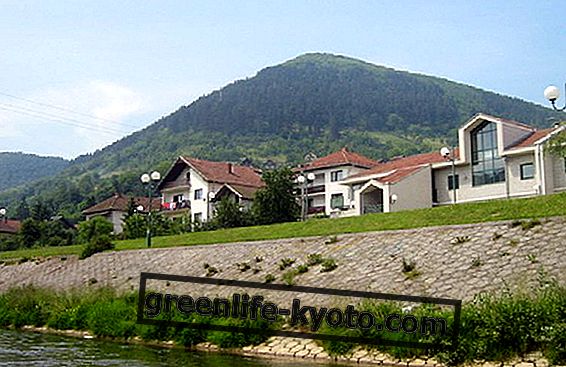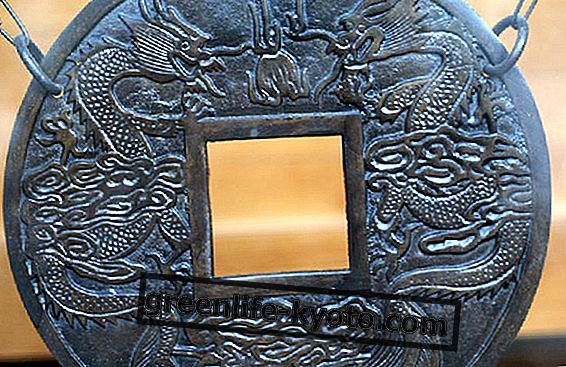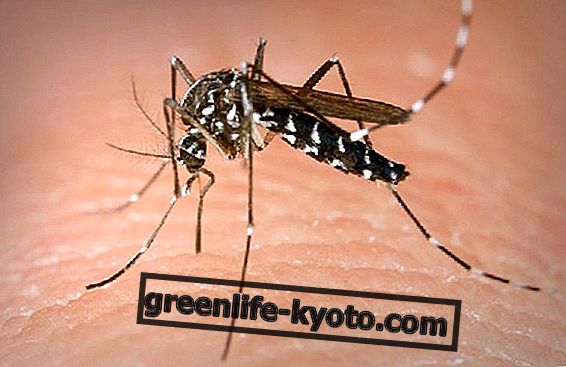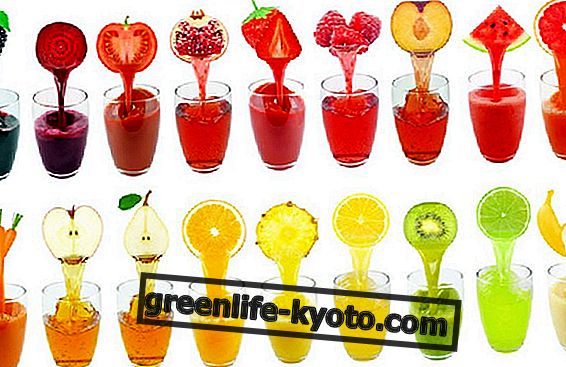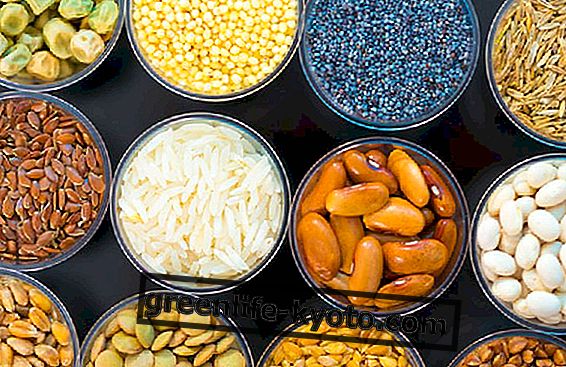Below is a list of the seasonal vegetables available in February . Select the vegetables to learn about the properties.
>
>
>
>
>
>
>
>
>
>
>
>
>
>
>
>
>
>
>
>
>
>
Garlic
Garlic ( Allium sativum L ) is an excellent disinfectant for the intestine, it is a plant of the Liliaceae family, rich in allicin. Already in the past it was used for its innumerable properties, while today it is known only in the food field but because it is useful against flu, skin diseases and colds.
Chard
The chard, a vegetable with a high digestibility, is useful in case of constipation because it can regulate intestinal activities. Rich in folic acid, vitamins and iron, it is also known for its protective action against the development of tumor diseases.
Artichoke
Artichokes, rich in potassium and iron, are liver allied vegetables, thanks to the presence of cynarin, an active ingredient that promotes diuresis. Artichokes are very indicated in the diet of diabetics and are also useful for intestinal regularity.
Thistle
The thistle is a vegetable widely used in cooking and known for its medicinal virtues. Rich in cynarin, it has a hypoglycemic, aperitif, tonic, digestive and diuretic action .
Carrot
Carrots, rich in flavonoids and carotenes, are precious vegetables for the health of the eyes and intestines. Thanks to the antioxidants they contain, carrots play a beneficial role in the body and in particular in the cardiovascular system.
Cabbage
The cabbages, which are vitamin C, fiber and potassium, and low in calories, are useful for stimulating the immune system. Cabbage allies of the intestine and digestive tract also play a detoxifying action on the body.
Chickpeas
Chickpeas are legumes rich in protein and fiber, allies of the heart. Thanks to the omega 3 content, they are useful for the health of the cardiovascular system and help to control blood pressure.
Onion
The onion, with the known antibiotic, expectorant and diuretic properties, is a useful vegetable for the health of the kidneys and the cardiovascular system. Contains glucokinin, a useful plant hormone because it has a valid antidiabetic action.
Chicory
Chicory is a vegetable that can stimulate concentration, fight drowsiness and stimulate pancreas and liver activity. Precious for those suffering from other cholesterol, chicory also helps regulate the amount of glucose in the blood, which is therefore useful for those suffering from diabetes.
Chives
Chives is a plant that stimulates the appetite and the production of gastric juices. Rich in vitamin, especially vitamin C, phosphorus and potassium, it is useful for heart health and has a purifying and antiseptic action.
beans
Beans are legumes rich in fiber, mineral salts and vitamin A, useful for the proper functioning of the body's metabolism. Thanks to the presence of the phospholipid lecithin, the beans promote the emulsion of fats and reduce the level of cholesterol in the blood.
Fennel
Fennel, or Foeniculum vulgare, is a plant known for its digestive, depurative and anti-inflammatory action. It contains anethole, a substance that helps to prevent the formation of intestinal gases and acts against bothersome and often painful abdominal contractions.
Lettuce
Lettuce is a vegetable rich in water and low in calories. 100 g of lettuce, in fact, contain only 15 kcal. Just because it is made up of 95% water, lettuce has the ability to rehydrate the human body and is useful for the digestive system.
Lentil
Lentils, legumes rich in iron, phosphro and vitamin B, are widely used in our kitchen thanks to the laxative action they perform. These legumes also prove to be useful allies in the prevention of atherosclerosis and against constipation.
Potato
Potatoes are food allies of the digestive system and useful against gastritis, ulcers, colitis and hemorrhoids. Rich in vitamins and mineral salts, in particular potassium and vitamin C, potatoes are particularly energetic and also suitable for those suffering from diabetes.
peas
Peas, legumes rich in phosphorus, are widely used in low-calorie diets. In fact, peas are more digestible than other legumes and contain phytoestrogens, which are very useful to combat the symptoms of menopause.
Leek
The leek is a vegetable with a laxative and diuretic action, rich in calcium iron and fiber. The leek also contains Vitamin C, A, E and K, which contribute to making the leek a detoxifying and moisturizing food, also useful against cholesterol.
Radicchio
Radicchio, rich in potassium, magnesium, B vitamins and vitamin C, is a purifying vegetable useful in low-calorie diets. The radicchio is also able to retain the sugars present in the blood, and therefore it is recommended for those suffering from diabetes.
Shallot
Shallot is a vegetable allied to nails and hair, able to strengthen them thanks to the presence of calcium, potassium and selenium. Rich in vitamins A, B and C, shallot also has a digestive and purifying action.
Celery
Celery rich in potassium, phosphorus, magnesium and calcium, is an antioxidant food, useful for protecting brain health. Useful against hiatal hernia, celery contains many vitamins and its juice can be a help against rheumatism.
spinach
Vegetable spinach from the Chenopodiacee family, are rich in vitamin A and eolic acid. Useful for strengthening muscles, spinach is also a valuable ally for the health of the retina and therefore of the eyes .
Jerusalem artichokes
Jerusalem artichoke or Jerusalem artichoke is a food rich in water (about 80%) and low in calories. By promoting the development of useful bacteria, it performs a probiotic action and thus strengthens the immunostimulatory activity .
Pumpkin
Pumpkin is a vegetable with antioxidant and anti-inflammatory properties, low in calories and rich in nutrients. Known for its diuretic and calming action, the pumpkin is also rich in carotenes, substances that the body uses for the production of vitamin A.
You might also like:
> February fruits and vegetables
> Winter vegetables

